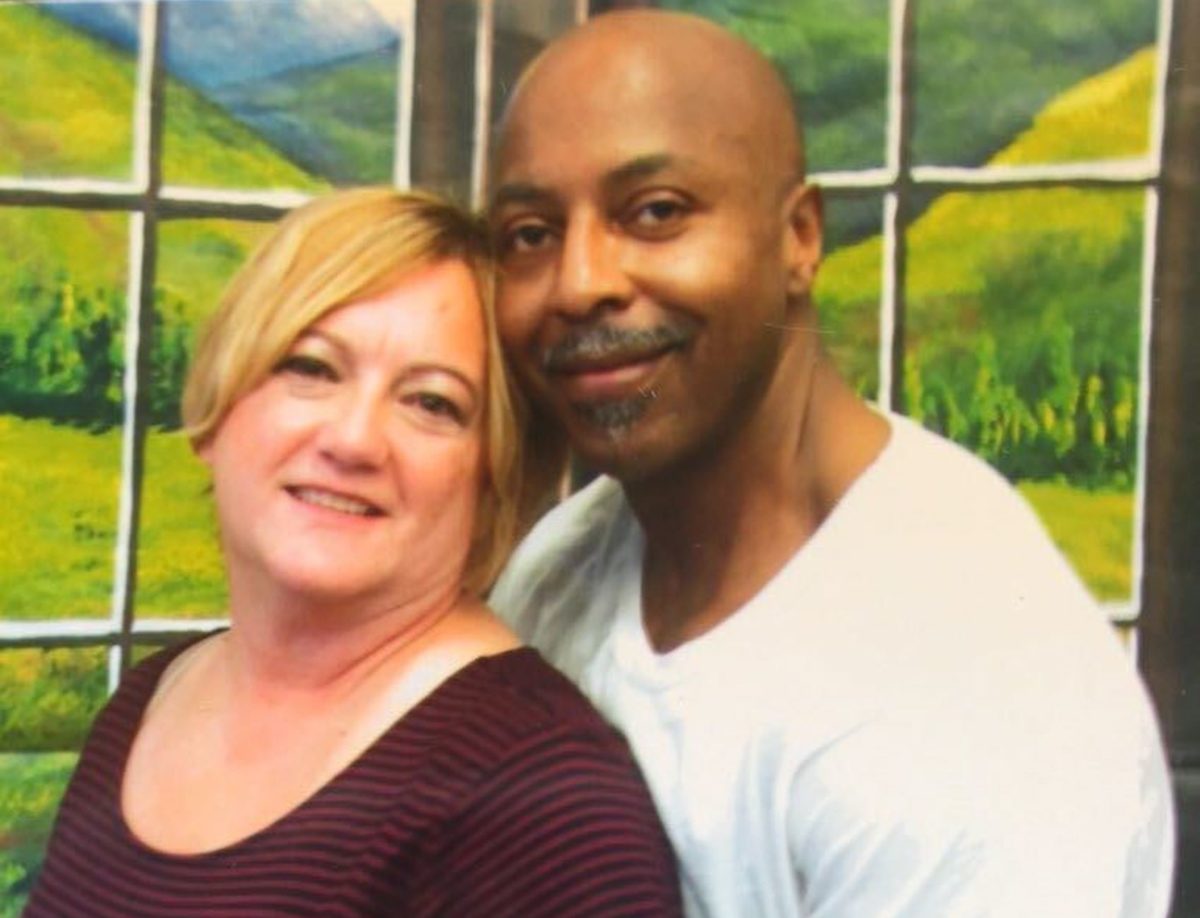
Commutations In Pennsylvania Are Postponed Indefinitely As COVID-19 Spreads
Incarcerated people like John Brookins, who is serving life without the possibility of parole, will have to wait until June or later for a chance at clemency.

Incarcerated people like John Brookins, who is serving life without the possibility of parole, will have to wait until June or later for a chance at clemency.

A woman detained by ICE was sick with COVID-19 for days before being removed from a 50-person jail dorm in York County, Pennsylvania, according to women housed with her.

The Pennsylvania Innocence Project was seeking the exoneration of Rudolph Sutton when he died on April 8 from complications related to COVID-19.

Tom Wolf said Friday he will use his reprieve power, a form of clemency, to reduce the state prison population.

The city’s DA’s office and its public defender association urged judges to adopt video meetings to speed the release of incarcerated people. But emails obtained by The Appeal show that judges took a much more limited approach to decarceration.

Sharon Fahy, whose daughter was murdered in 1988, asked the court to release Walter Ogrod, the man convicted in her killing.

They tell Tom Wolf that taking any unilateral actions to reduce the state’s prison population would endanger public safety.

The emergency program seeks to release a select group of prisoners but does not go far enough to prevent the spread of COVID-19 in prisons, experts and Democratic lawmakers say.

The Office of General Counsel determined that the governor could likely use reprieves to release vulnerable people from prison to control COVID-19’s spread, but the office is advising against it, according to internal emails obtained by The Appeal.
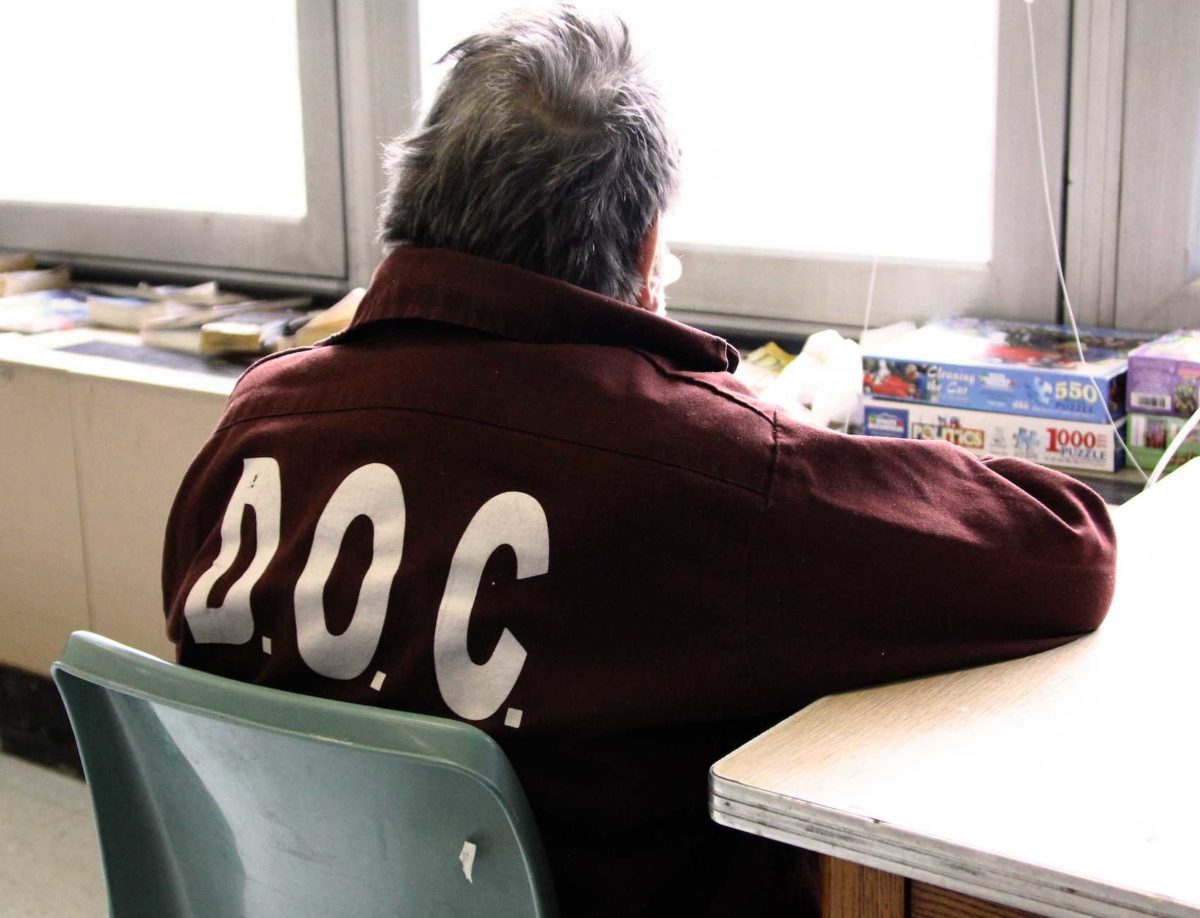
Advocates have called on Governor Tom Wolf and state Department of Corrections officials to release elderly and infirm people from state prisons. But the law is limiting how quickly they can move.

Prosecutors say Walter Ogrod is ‘likely innocent’ of the charges that sent him to prison in 1996. Now, his attorney says, ‘every day a decision and/or hearing is delayed is another day that Mr. Ogrod’s health is at grave risk.’

In Northampton County, advocates say the practice is putting the people charged for minor offenses, and the broader community, in danger.

As COVID-19 spreads, ICE detained a Central American immigrant in a hospital, causing confusion and raising concerns.

Montgomery County Chief Public Defender Dean Beer and Deputy Chief Keisha Hudson were fired last month after filing an amicus brief critical of the county’s bail setting practices.

An Appeal documentary on life without the possibility of parole—and its impact on loved ones—in the state.

A review of charging dockets in Lebanon County shows Ashley Menser was the only person charged with felony retail theft in 2018 to receive a 7-year maximum sentence.

In a lawsuit, the boy’s family said he was repeatedly suspended, secluded, and violently restrained before he was ever given a special education evaluation.

State Representative Todd Stephens has introduced a bill to impose a five-year minimum prison sentence for illegally possessing a firearm, but the governor, advocates, and others say it’s the wrong approach.

The most productive solution would be to allow prisoners and formerly incarcerated people to vote, but until that happens, the least we can do is stop giving their voting power to the towns that profit from their imprisonment.

Josh Shapiro has warned that changing the state’s sex offense registry requirements threatens public safety. But experts say his fears are unfounded and the registry provides little to no public safety benefit.

Spotlights like this one provide original commentary and analysis on pressing criminal justice issues of the day. You can read them each day in our newsletter, The Daily Appeal. Two days ago, the Union-Recorder in Georgia published a bizarre editorial. The editorial board noted that the state’s sex offender registry system drives people into homelessness and deprived […]
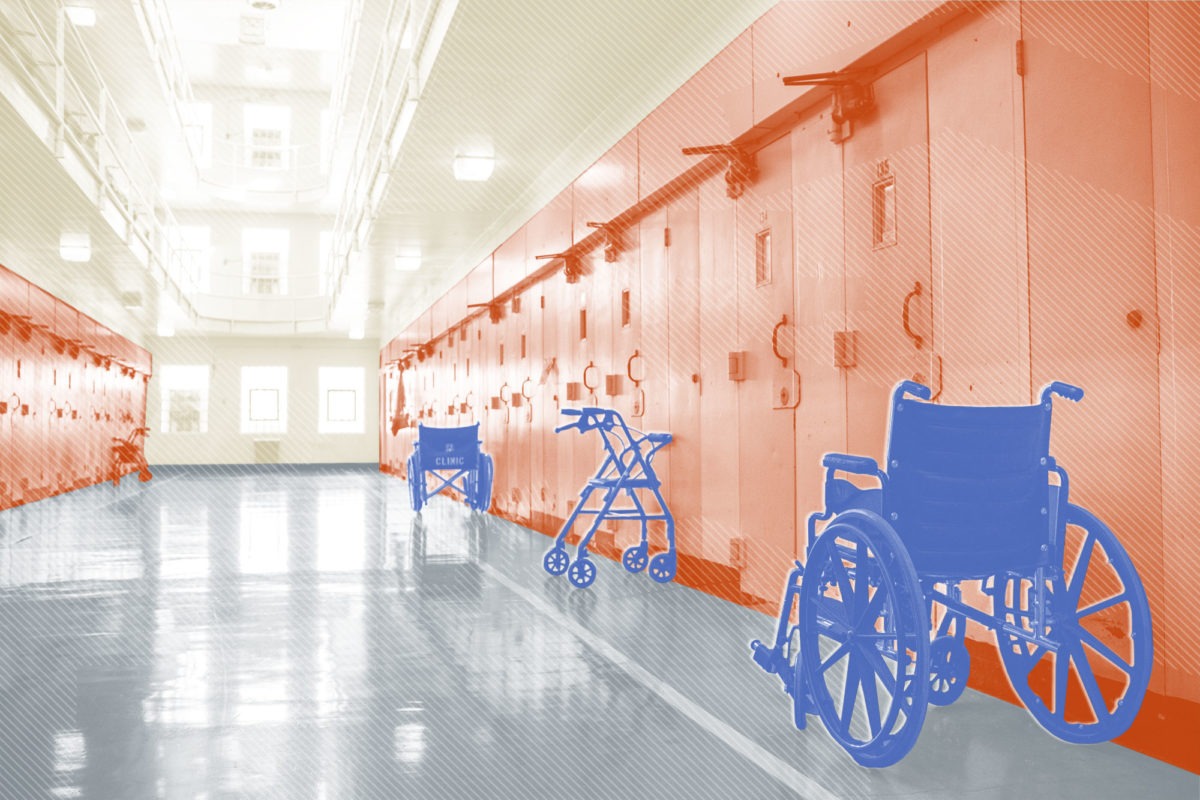
Recent reporting is a reminder of the crisis of elderly and ailing people in US prisons.
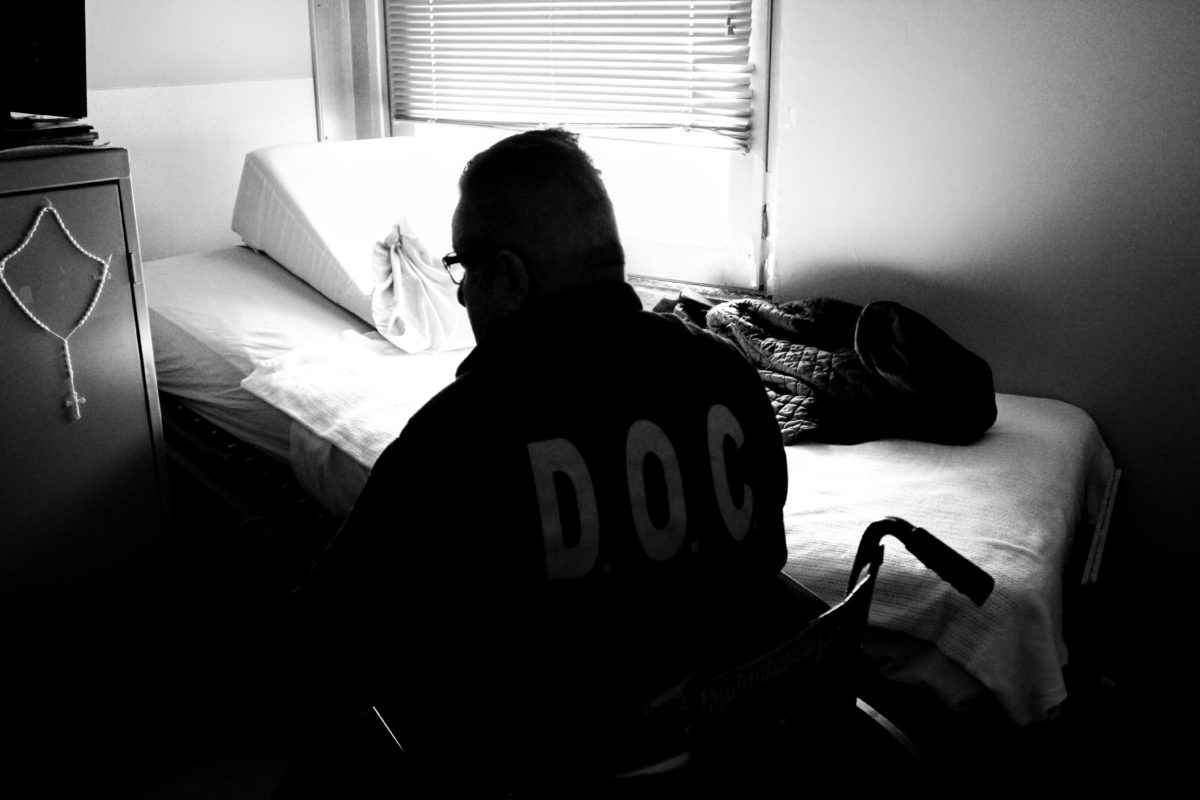
More than 5,400 people in the state are sentenced to life without parole. This month, The Appeal went inside one prison that helps provide end-of-life care for men.

Efforts are underway to address life without parole sentences and free people who have been in prison for decades.

Research shows access to a trauma center is critical after a shooting. But as gun deaths are rising in Philly, one trauma center has closed. Experts say a rise in homicides may prompt more policing.

The state is one of eight that allow cops to arraign people on misdemeanor charges. Advocates and academics say the practice is unjust.

After more than two decades, Terrance Lewis was exonerated and released from prison earlier this year. He is now an advocate for other innocent people caught up in the criminal legal system.

The state’s narrow interpretation gives too much weight to voices that support a punitive criminal legal system, advocates say.

This month, nine people received commutations from life sentences, and Lt. Gov. John Fetterman is calling for changes to the commutations process to give more people second chances.

Allegheny County District Attorney Stephen Zappala has gotten into the surveillance game, but advocates say that raises questions about his role.
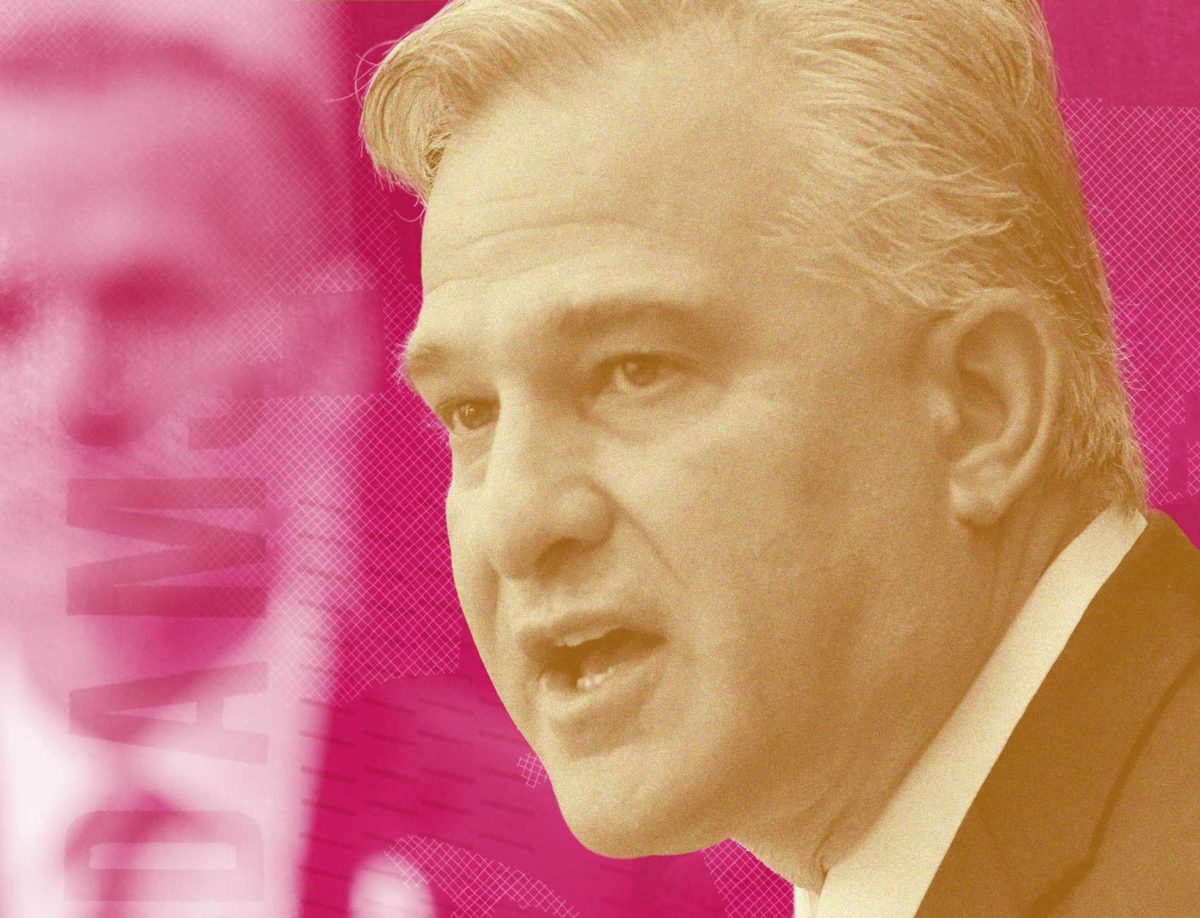
In 2017, Allegheny County District Attorney Stephen Zappala prosecuted more than 1,700 low-level drug possession cases. More than $2 million in court-imposed debt was levied on people who were charged in these cases.

A Pittsburgh public radio piece lacked critical reporting about the many problems with jailing children in adult facilities.

People seeking commutations from life sentences encounter a steep hurdle in the state’s board of pardons. The board will convene on Sept. 13 to review more than 20 cases.
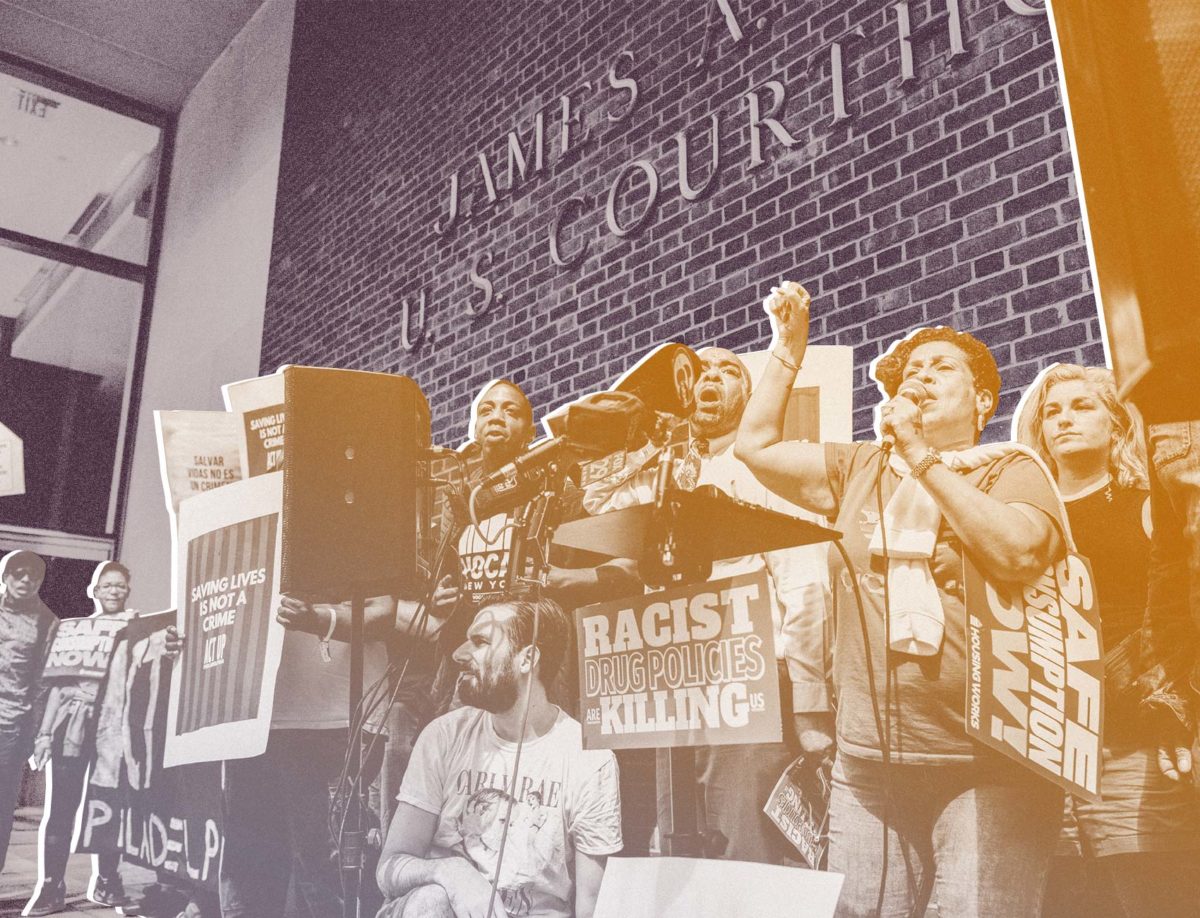
Nearly 20 years ago, Biden urged prosecutors to wield the ‘crack house‘ statute against rave promoters. Now it’s being used to stamp out public health responses to the opioid crisis.

The decline under DA Larry Krasner, who took office in 2018, marks a significant change in juvenile justice in Pennsylvania.

In a civil rights lawsuit, an officer in Allentown claims he was subjected to racial discrimination before he was fired.

Elsewhere in the country, lawsuits and legislation seek to protect people from predatory mugshot sites.
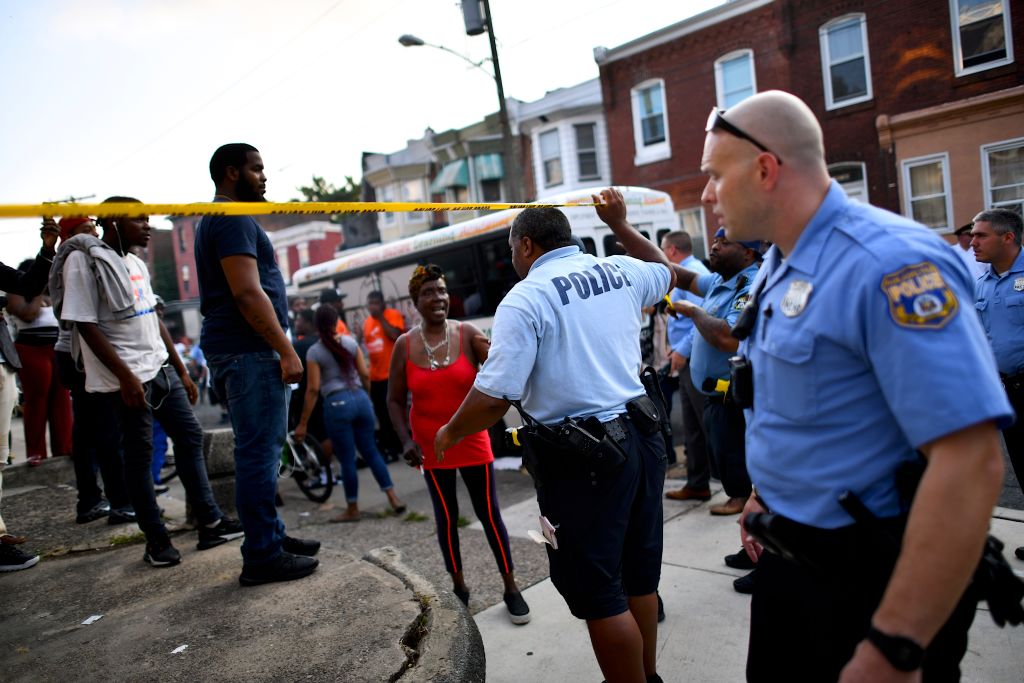
A federal prosecutor in Pennsylvania blamed DA Larry Krasner for a bloody standoff, but the suspect has a long relationship with the government that includes a sentence reduction because of his cooperation.

Recent legal victories have spurred counties and states to provide medication-assisted treatment to prisoners struggling with substance use.
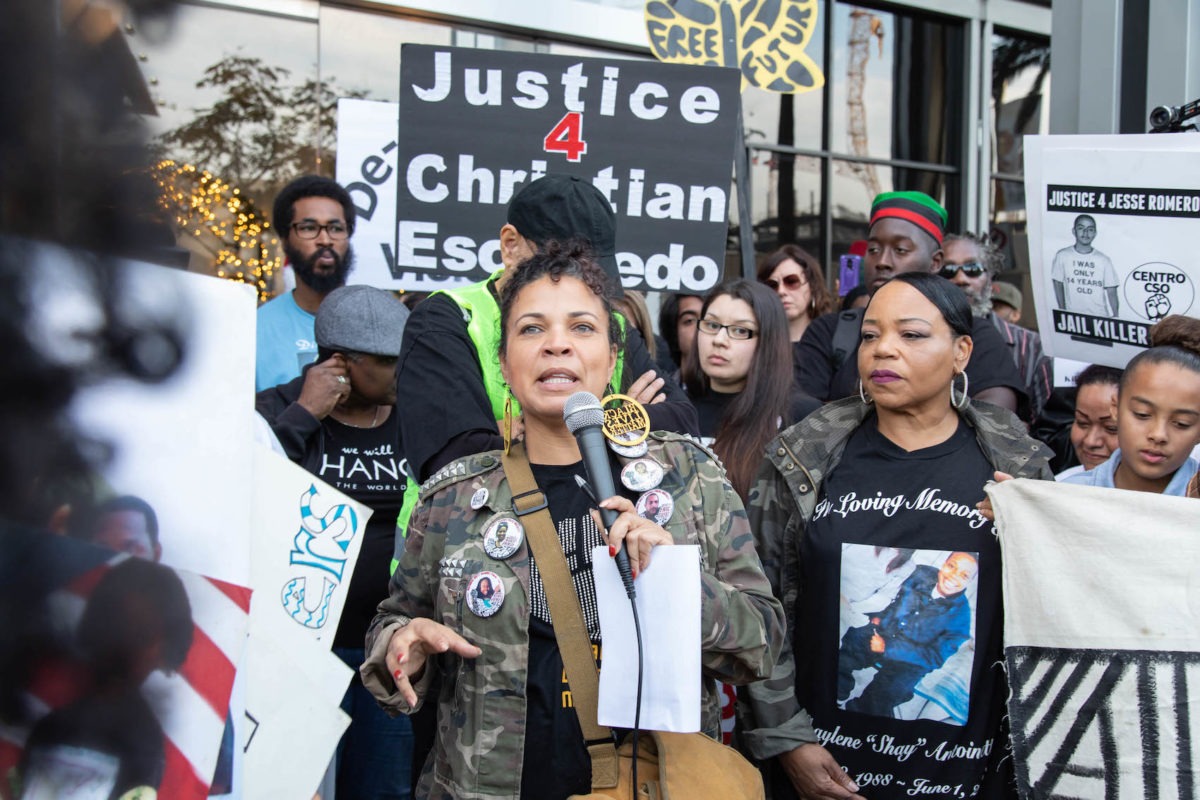
In California, Texas and Florida, advocates sent letters to district attorneys, demanding that they refuse to work with officers with histories of misconduct.